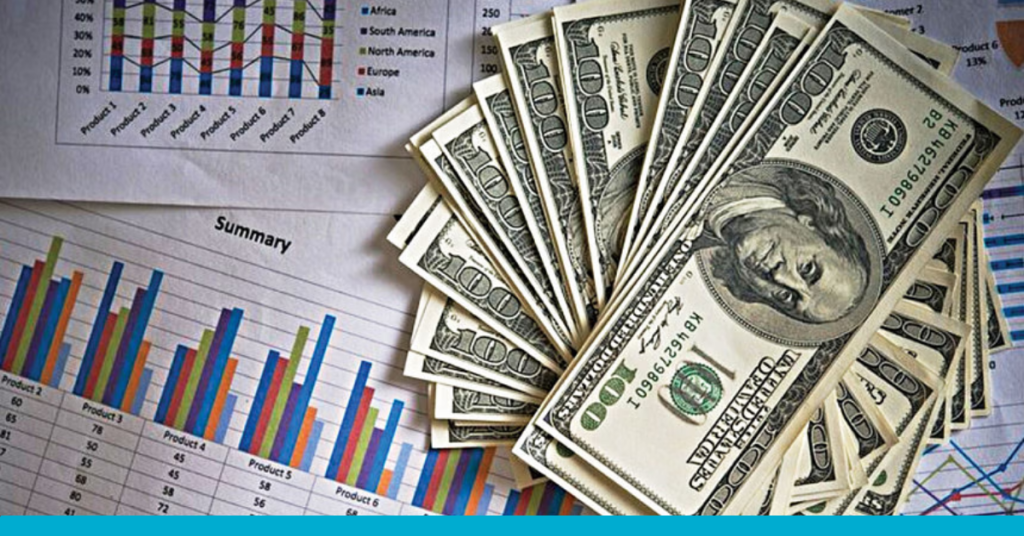Bangladesh’s foreign currency reserves have surpassed the $20 billion mark, marking a significant increase in nearly a month, thanks to a currency swap initiated by the central bank. According to data from the Bangladesh Bank, the forex reserves reached $20.19 billion on February 20, up from $19.94 billion a week earlier.
This uptick follows a period where the international currency holding hovered around $19 billion for about a month, with a recorded value of $20.03 billion on January 24. The slight increase aligns with the introduction of a currency swap by the Bangladesh Bank with commercial banks to meet the net reserve condition set by the International Monetary Fund (IMF) under its $4.7 billion loan program.
The currency swap deal allows commercial banks to exchange the local currency for the US dollar with the central bank for a tenure ranging from seven days to 90 days. Since its introduction, the central bank has secured approximately $235 million from nearly 10 banks through this swap arrangement, according to an anonymous senior official.
The central bank has been utilizing its reserves to settle the import bills of state-run enterprises, while simultaneously selling US dollars. This initiative has garnered interest from commercial banks, as it alleviates liquidity pressure and provides flexibility to retrieve US dollars when needed.
Bangladesh Bank Executive Director and Spokesperson Md Mezbaul Haque noted the positive impact of currency swaps on forex reserves. Syed Mahbubur Rahman, managing director of Mutual Trust Bank, expressed optimism that the swap initiative would benefit both the central bank and commercial banks by boosting forex reserves and alleviating pressure on the forex market.
The country faced a forex crisis in the post-pandemic period of 2021, with import payments outpacing remittance earnings and exports. This situation worsened in 2022 due to global market disruptions from the pandemic and the Russia-Ukraine war, prompting the central bank to inject over $28 billion into the banking sector.
Despite these challenges, industry experts anticipate the easing of the forex crisis, supported by a strong rebound in merchandise exports and a surge in remittance flows. Manufacturers shipped goods worth $5.72 billion in January, the highest in a single month, indicating positive momentum in the economic landscape.


